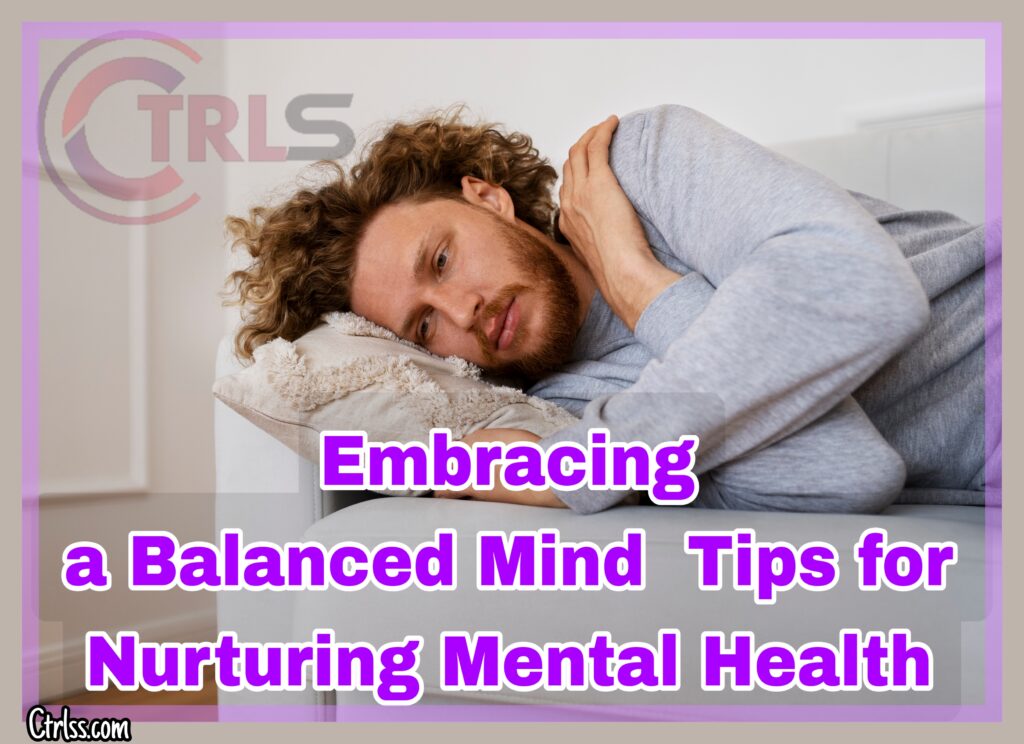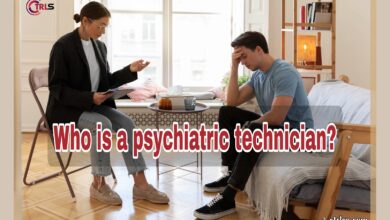What Is Anxiety ? and What Is Symptoms, Causes, and Treatment?
Hey there, folks! Welcome to our comprehensive guide on anxiety, a common mental health condition that affects countless individuals around the world. In this blog post, we’ll dive deep into what anxiety is, explore its symptoms, and discuss various treatment options. So, grab a cup of tea, get comfy, and let’s embark on this enlightening journey together!

Anxiety, you’re keen on learning about, is a natural human response to stress or potential danger. While it’s perfectly normal to experience occasional anxiety, it becomes a concern when it starts interfering with your daily life. Now, let’s get to the nitty-gritty details of anxiety.
The Symptoms: A Sneak Peek into the World of Anxiety
Anxiety is like a roller coaster ride for your emotions, and it comes with a bunch of symptoms that can vary from person to person. Let’s take a closer look at some of the common symptoms associated with this condition:
- Excessive Worry: One of the hallmarks ofAnxiety-Is persistent and excessive worrying about various aspects of life, such as work, relationships, health, or future events. It’s like having a worry monster camping out in your mind, constantly whispering worst-case scenarios.
- Restlessness: Anxiety often brings along a sense of restlessness and an inability to relax. You might find yourself fidgeting, pacing back and forth, or constantly on the move, unable to find peace.
- Physical Symptoms: Anxiety can manifest itself physically, too. You might experience rapid heartbeat, shortness of breath, sweating, trembling, or even gastrointestinal issues like nausea or stomachaches. It’s like your body is sounding the alarm bells, even when there’s no immediate danger.
- Sleep Problems: Anxiety can wreak havoc on your sleep patterns. You might find it difficult to fall asleep, stay asleep, or experience restful sleep. It’s like your mind decides to throw a wild party just when you’re ready to hit the hay.
- Difficulty Concentrating: When anxiety takes center stage, it can become challenging to concentrate and stay focused on tasks at hand. It’s like having a swarm of buzzing bees in your head, making it hard to think clearly.
Unveiling Treatment Options for Anxiety
Now that we have a better grasp of anxiety and its symptoms, let’s explore the various treatment options available. The good news is that anxiety is highly treatable, and with the right approach, you can regain control over your life. Here are a few not unusualplace strategies:
- Therapy: Talk therapy, such as cognitive-behavioral therapy (CBT), can work wonders for managing anxiety. It helps you identify and challenge negative thought patterns, develop coping mechanisms, and gain a better understanding of your triggers and reactions.
- Lifestyle Changes: Certain lifestyle modifications can significantly impact anxiety levels. Regular exercise, a healthy diet, sufficient sleep, and stress-reduction techniques like meditation or yoga can all contribute to a calmer state of mind.
- Medication: In a few cases, medicinal drug can be prescribed to assist control tension symptoms. These medications, such as {anxiety} medications, can help balance brain chemicals and provide relief from excessive worry and physical symptoms.
- Self-Care Practices: Engaging in self-care activities is crucial for managing anxiety. Take time for activities you enjoy, practice relaxation techniques, connect with loved ones, and prioritize your mental and emotional well-being.
Embracing a Balanced Mind : Tips for Nurturing Mental Health

Living with anxiety can be challenging, but there are steps you can take to nurture your mental health and find balance. Here are some practical tips to help you along the way:
- Practice Mindfulness: Mindfulness is all about grounding yourself in the present moment. Take a pause, observe your thoughts without judgment, and focus on your breath. It’s like hitting the reset button on your mind..
- Challenge Negative Thoughts: Anxiety often feeds on negative thoughts and irrational beliefs. Challenge those thoughts by examining the evidence, considering alternative perspectives, and focusing on positive aspects of the situation. It’s like becoming your own personal detective, searching for clues to dismantle anxious thinking.
- Seek Support: Reach out to trusted friends, family members, or mental health professionals who can offer a listening ear and provide support. “Remember, you don’t ought to face tension alone.”
- Set Realistic Goals: Break down overwhelming tasks into smaller, more manageable steps. Celebrate your achievements alongside the way, regardless of how small they’ll seem. It’s like taking one step at a time, knowing that progress is progress, no matter the size.
Embracing a Peaceful Mind Amidst Anxiety
In conclusion, anxiety is a part of the human experience, but when it becomes overwhelming, it’s essential to address it head-on. By understanding the symptoms, seeking appropriate treatment, and implementing self-care practices, you can cultivatea sense of peace and balance in your life, even in the presence ofanxiety.
Remember, anxietydoesn’t define you. It’s a chapter in your story, but it’s not the whole book. With the right tools and support, you can navigate through the challenges, overcome your fears, and thrive in the face of anxiety.
So, dear reader, take a deep breath, hold your head high, and embrace the journey towards a calmer mind. You are not alone, and there is hope. Together, let’s unravel the mysteries ofAnxiety and unlock a brighter, more peaceful tomorrow.
Stay strong, stay resilient, and always remember to prioritize your mental well-being. You’ve got this!
Disclaimer: This article is intended for informational purposes only and should not be considered a substitute for professional medical advice. If you or someone you know is experiencing severe anxiety or mental health concerns, please seek assistance from a qualified healthcare professional.
Thank you for reading!



